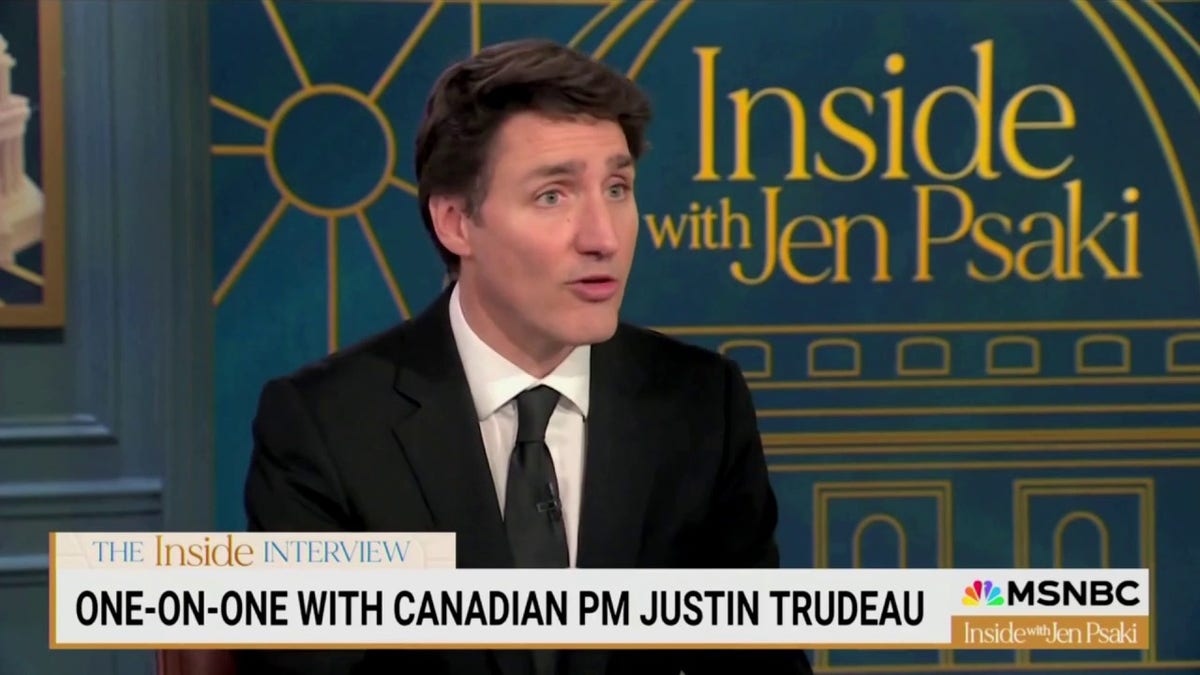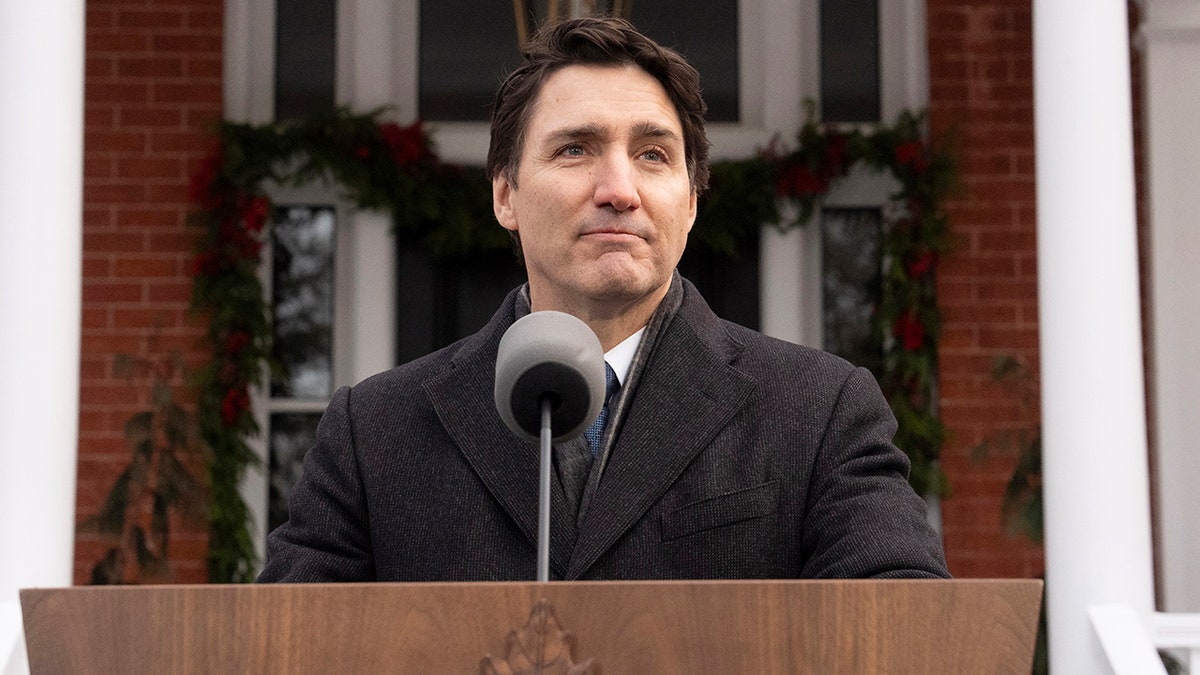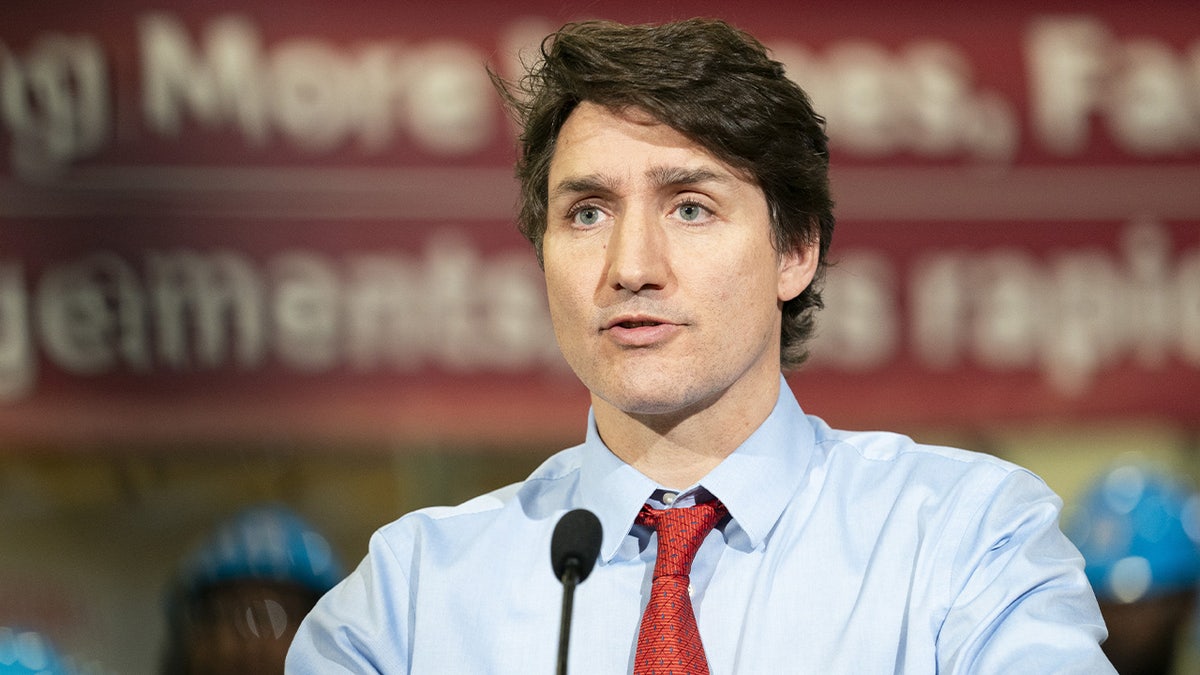In a recent MSNBC interview, former Canadian Prime Minister Justin Trudeau attributed the rising global backlash against incumbent leaders to the influence of social media and right-wing political strategies. He suggested these forces amplify societal divisions and foster an environment critical of established political figures.

Speaking with host Jen Psaki, Trudeau discussed his resignation, addressing whether it stemmed from a broader global trend against incumbents or his declining approval ratings. He acknowledged both factors likely played a role but emphasized a persistent frustration with those in power, fueled by social media, despite the positive contributions of his administration. He highlighted his government's long-term policy achievements, contrasting them with the sway of emotions and online platforms in shaping public opinion.
Psaki questioned whether Trudeau's Liberal Party, like the U.S. Democratic Party, had become detached from public sentiment. Trudeau defended his focus on economic progress and emphasized Canada's success in removing barriers for marginalized groups in the workforce. He admitted, however, that this approach could be misconstrued as prioritizing specific demographics over economic concerns. He blamed right-wing politics and social media for exploiting these narratives and fueling divisive cultural debates, distracting from the real economic gains Canada had achieved.

Trudeau argued that the public's desire for immediate solutions makes simplistic promises appealing, even if unrealistic. He implied that social media contributes to this short-term focus, hindering support for long-term strategies.

Trudeau's comments come amidst declining approval ratings and internal party criticism regarding economic challenges. He seemed to suggest that social media had skewed perceptions of Canada's economic performance.
Comments(0)
Top Comments